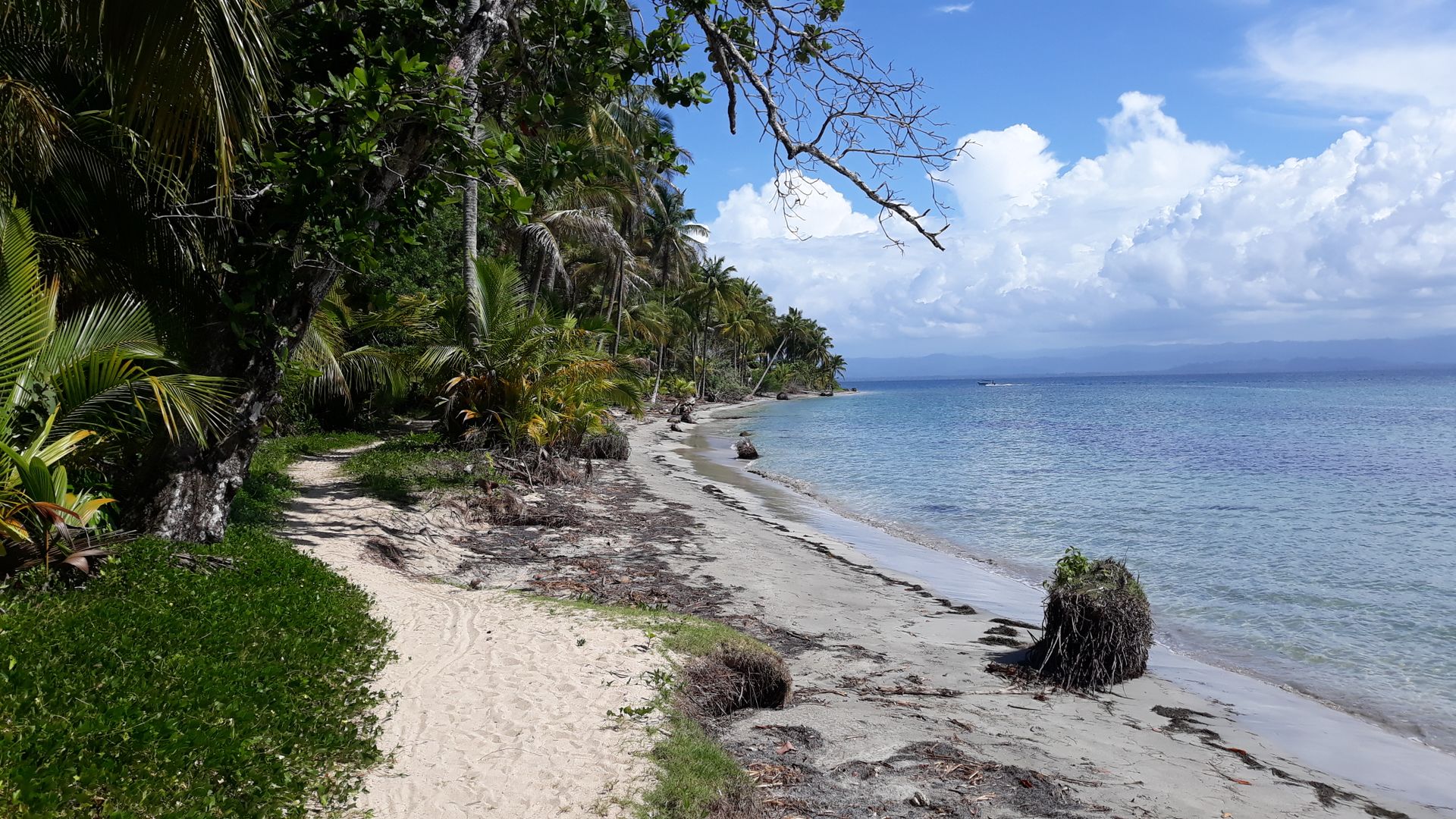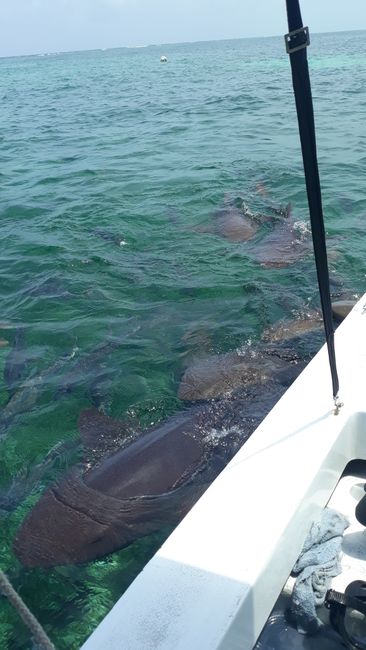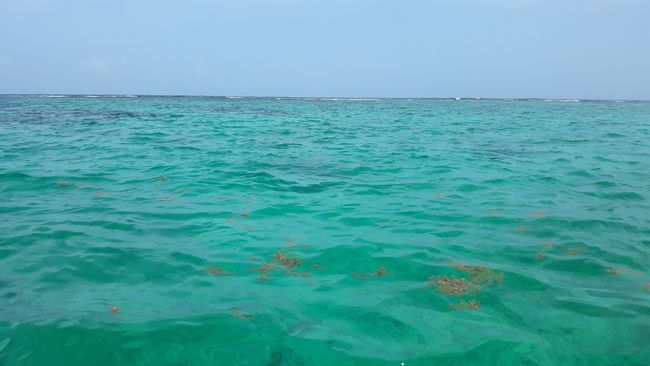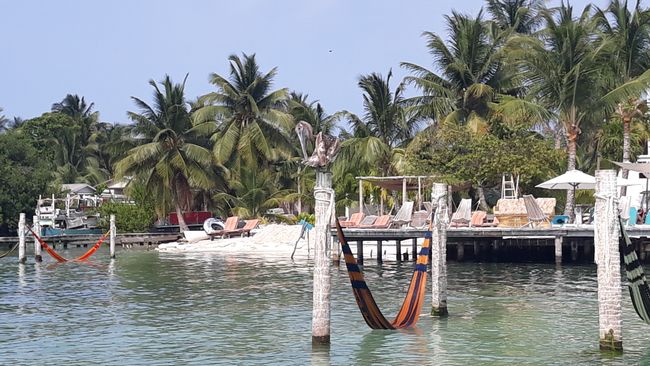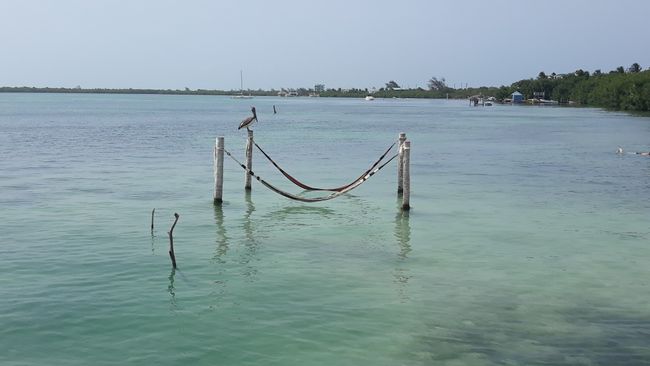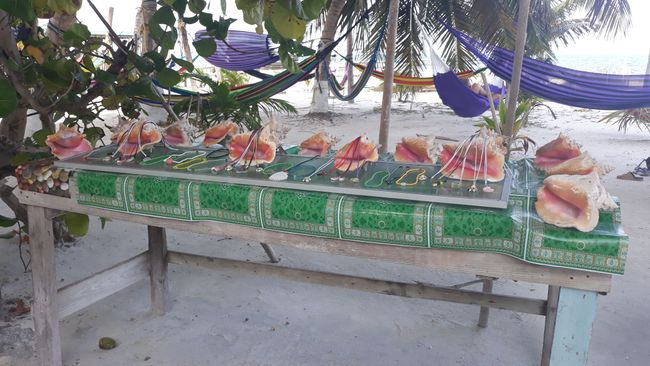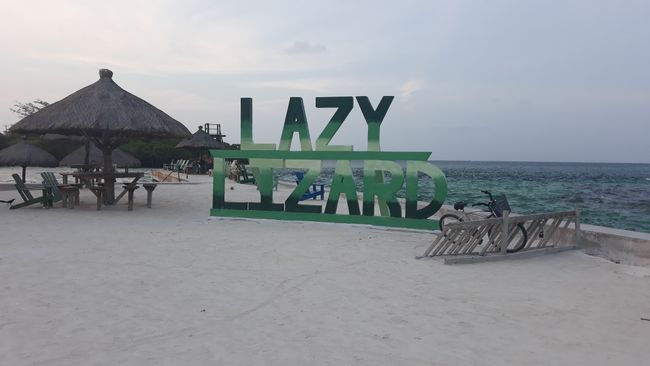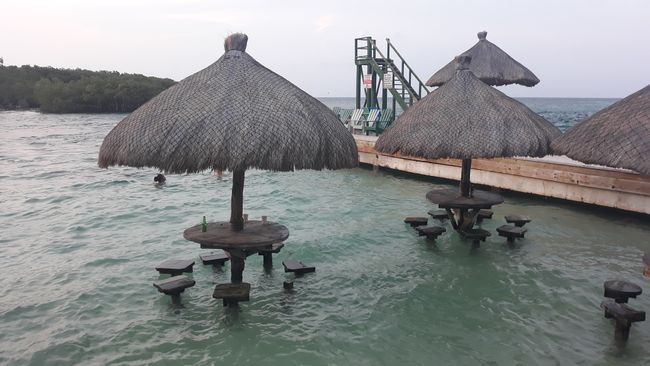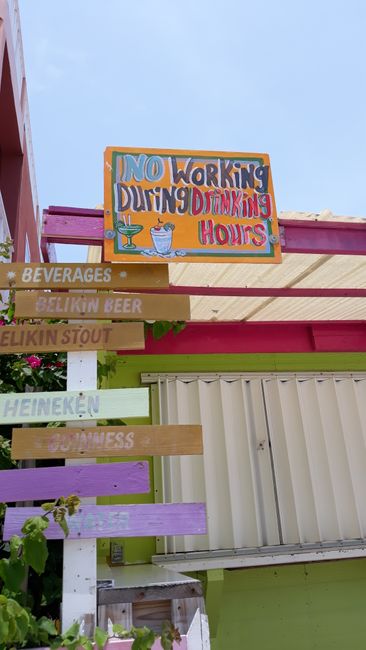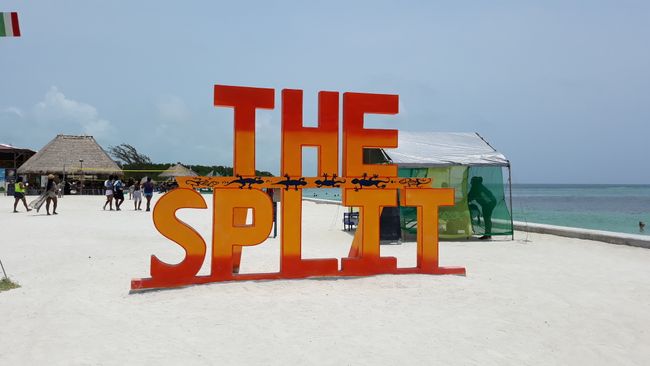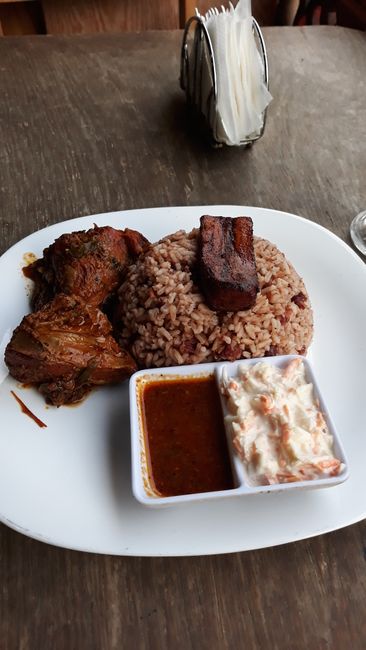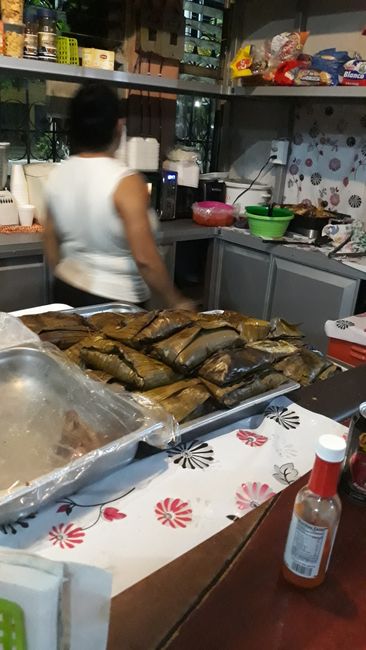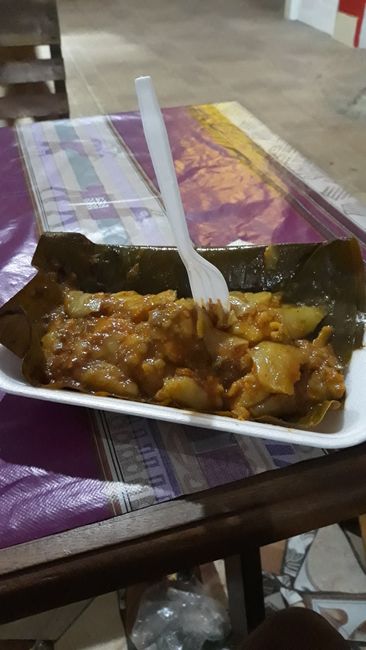The only English-speaking country: Belize
Argitaratu: 24.05.2019
Harpidetu Buletinera
The next country I visited was Belize. Some people don't even know it exists, while others (like me) don't know that the official language there is not Spanish, but English. This is how it happened that when I arrived in Belize City, I spoke Spanish to taxi drivers, ticket sellers, etc., and always received an English response. I even got a little annoyed because such a reaction in Spanish-speaking countries usually means that your Spanish is not good enough and you should switch to English. In this case, however, it was simply my fault for not informing myself beforehand about the language spoken there. But the realization came, albeit a bit late. However, I didn't spend a night in Belize City, but took a water taxi to Caye Caulker Island. Whenever I hear the name now, I think back to my entry into Belize, where I was asked where I would sleep in Belize. As I completely mispronounced the name, the security officer laughed at me and sent me on my way without anyone feeling the need to check my luggage for banned items. Caye Caulker is similar to Holbox, a beautiful little island with a great beach and sea, where there are no proper roads or cars, only bicycles, golf carts, and a few motorcycles, and the motto is 'Go slow,' as you can read in restaurants, hostels, and supermarkets as an invitation not to stress and enjoy life.
I used Caye Caulker to take a snorkeling tour, where I could swim with sharks, stingrays, hundreds of fish, turtles, and manatees. I also saw a huge crab, we visited an old shipwreck underwater, and looked at seahorses at the water's edge. Unfortunately, due to my backpacker lifestyle and the somewhat high prices, this was the only tour I did on the island. The rest of my time, I spent on the beach or at 'The Split.' The Split is a place where the island was split in two by a hurricane, and today you can pass through it with your boat.
Back with the water taxi, this time I went to the small town of San Ignacio, where I tried typical Belizean dishes. One of them is practically the national dish in almost every Central American country: chicken on the bone with rice and beans.
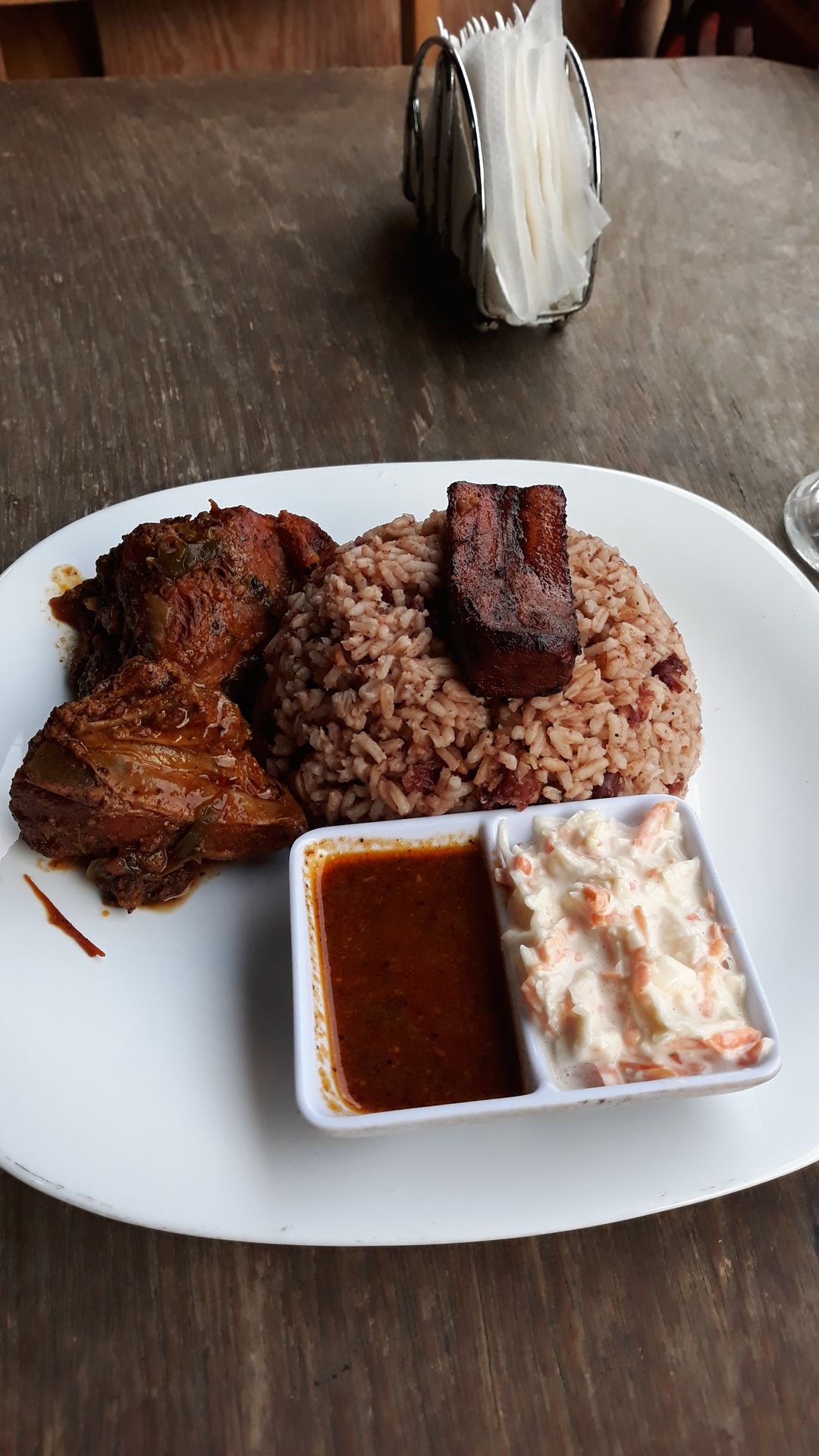
It sounds and is unspectacular, but it's very simple to prepare and is one of the cheapest dishes on the menu. Another typical Central American dish that I tried is Tamales: a type of paste made from corn and other various ingredients, wrapped in corn husks, which you can find almost anywhere as a take-away. I already had a similar version from Chile in mind, where it was called 'humitas' and had a different taste. Unfortunately, it didn't suit my taste at all in Belize, and my ignorance even led me to taste some of the corn husk, which was immediately spit into the nearest trash can. No, you can't/shouldn't eat it. Yes, I googled it afterwards.

Unfortunately, I felt more than uncomfortable in San Ignacio because due to my conspicuous appearance (you have to know that Belizeans already have a very dark skin color), I received offensive comments every few meters, once I was followed by a man on a bicycle, pushed against a wall by another person, and even harassed with rude comments and unnecessary compliments while eating in a restaurant. That's why I only spent one night there before continuing to Guatemala.
Harpidetu Buletinera
Erantzun
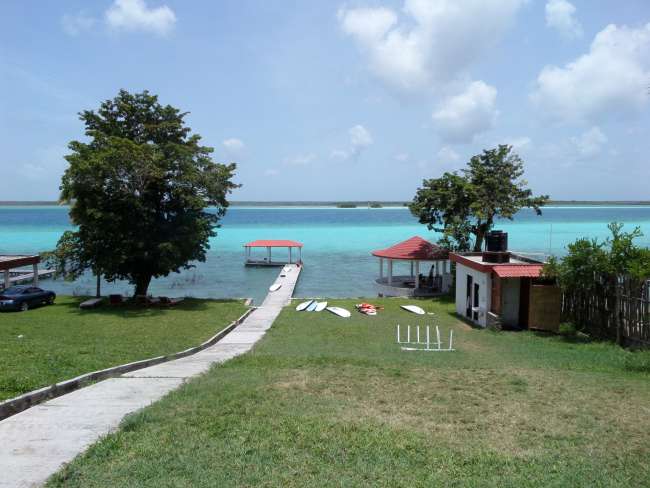
Bidaien txostenak Belize
